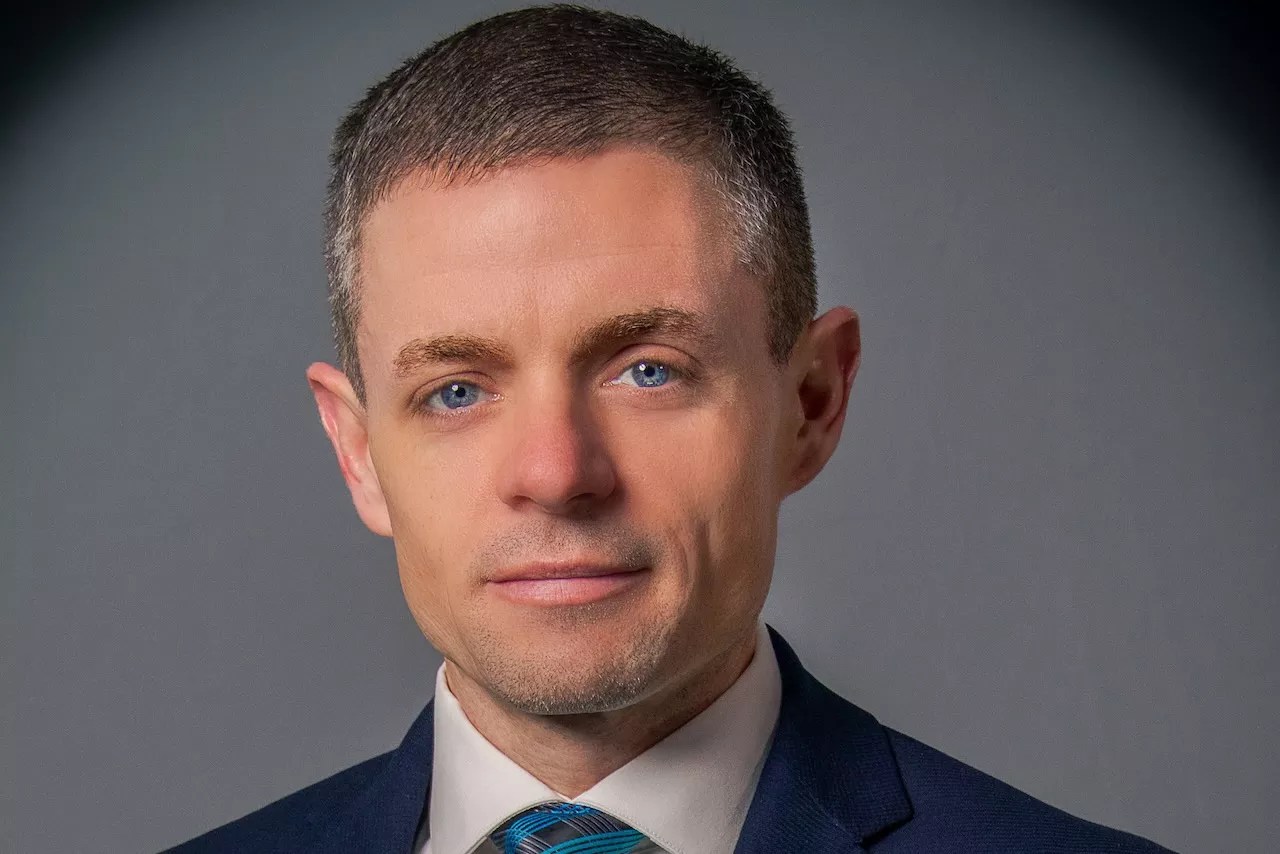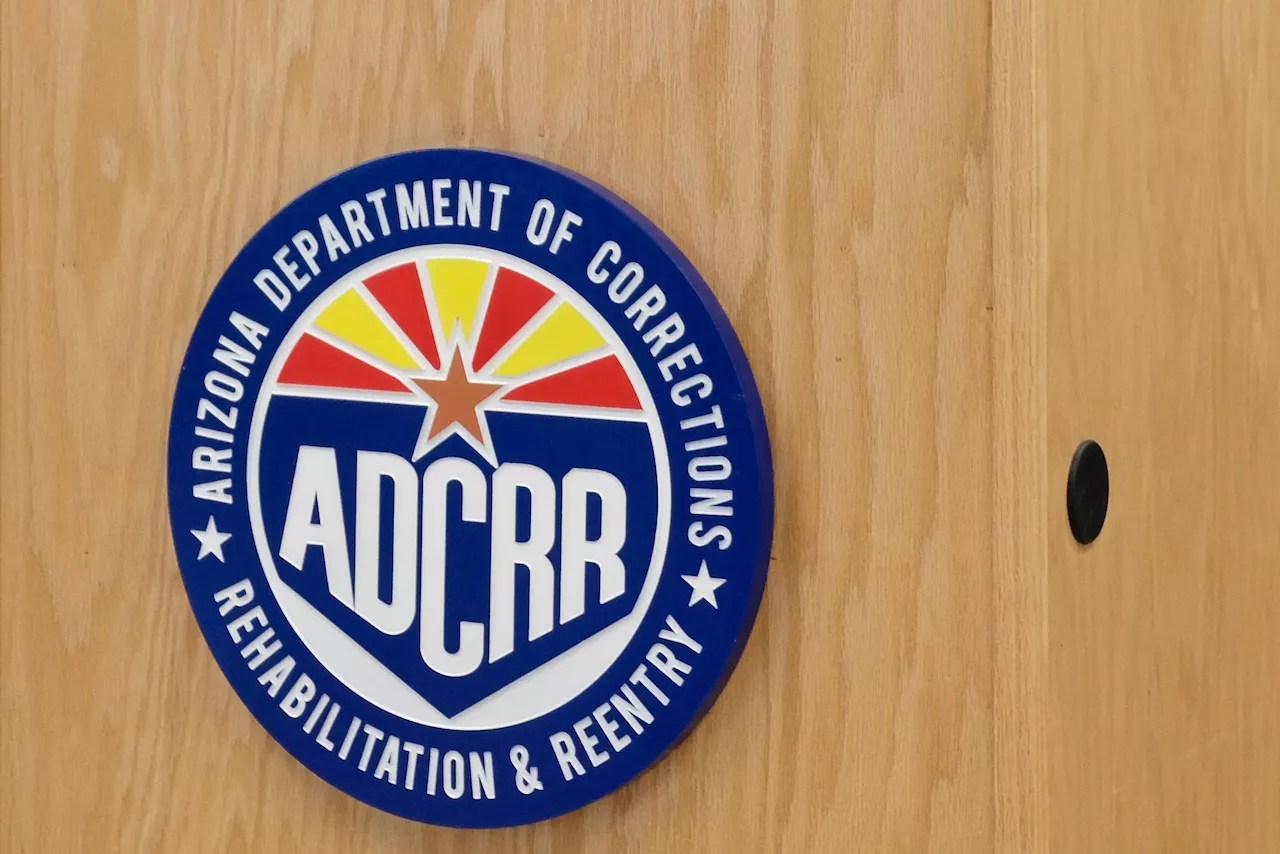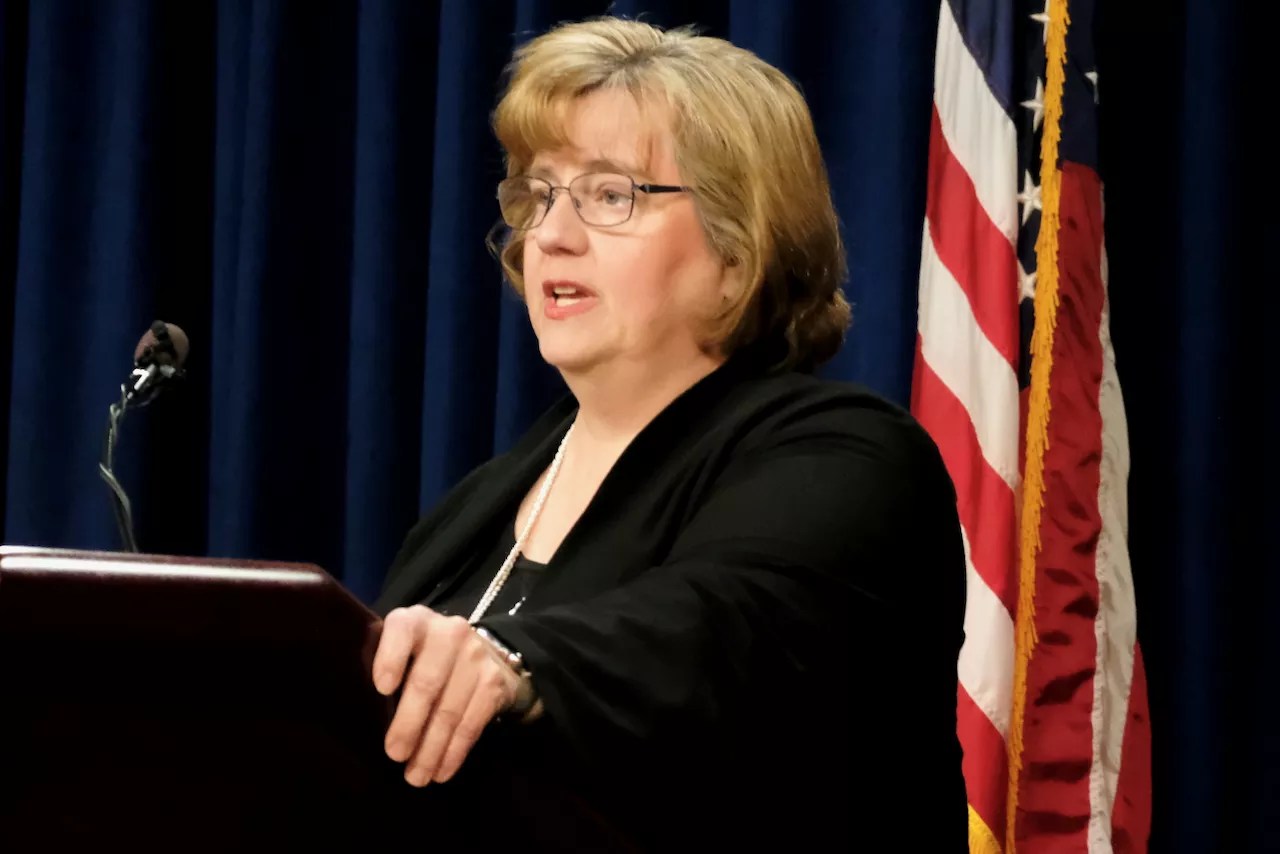
Arizona Department of Corrections

Audio By Carbonatix
Arizona’s new prison boss, Ryan Thornell, made a surprising announcement during a recent legislative hearing: His troubled agency was “operationally prepared” to start carrying out executions again.
Thornell’s pronouncement came June 6 before a state Senate committee during his confirmation hearing to lead the Arizona Department of Corrections, Rehabilitation and Reentry, which carries out executions in the state. Less than three months earlier, Thornell told the Arizona Supreme Court that his agency wasn’t able to execute people.
But the department has been ready to resume executions since May 5, Thornell told lawmakers.
“Operationally, the issues, the questions, the concerns that I had as the director have all been resolved. We have gone through all of our review, all of our preparation, we have put the necessary staff in place,” he said.
The announcement is a significant shift for the state. After three botched executions in 2022, Gov. Katie Hobbs and Attorney General Kris Mayes put executions on hold after they took office in January.
Thornell’s comments have raised new questions about the future of the death penalty in Arizona – and prompted renewed calls for transparency from the embattled agency. Currently, 110 people are on death row in the state.
“For all of the things that were missing – trained personnel, policies in writing, all that – I think the fact that he now says they’re ready is a little concerning,” said Donna Hamm, director of Middle Ground Prison Reform, which advocates for reforms to the Department of Corrections. “There are still a lot of questions.”

The Arizona Department of Corrections carries out the state’s executions, which have seen many complications over the years.
Katya Schwenk
Years of execution complications
Numerous complications have dogged Arizona’s executions for years.
“Since 2010, Arizona has carried out 16 executions by lethal injection, and few have occurred without complications,” wrote Dale Baich, an adjunct professor at Sandra Day O’Connor College of Law and a longtime capital defense attorney, in an email to Phoenix New Times.
Those problems included “a history of last-minute changes, violations of the written execution protocol and problematic executions, all against a backdrop of secrecy,” Baich added.
In all three executions in 2022, the executioners struggled to properly insert IVs to administer pentobarbital, the lethal drug that Arizona uses in its executions. The source of the pentobarbital – which the state purchased for $1.5 million in 2020 – has been kept secret from the public.
In January, Hobbs announced she would appoint a commissioner to conduct an independent review of Arizona’s death penalty protocols. Mayes said she wouldn’t seek any execution warrants pending the results of the review, which is now being led by former federal Magistrate Judge David Duncan.
There’s no indication that Mayes will seek an execution before that review is complete – despite Thornell’s statements.
Richie Taylor, a spokesperson for Mayes, said that the attorney general “continues to await the completion of the commissioner’s report” and otherwise declined to comment on the issue.

Aaron Gunches faces the death penalty for the 2002 murder of Ted Price.
Arizona Department of Corrections
Maricopa County prosecutor wants executions
Complicating the pause on executions this spring was the case of Aaron Gunches, a man on death row who had asked the state Supreme Court to carry out his execution last year.
Attorney General Mark Brnovich, Mayes’ predecessor, sought an execution warrant for Gunches, which was issued by the Arizona Supreme Court in March. However, Hobbs vowed that the state would not carry out Gunches’ execution, and ultimately, the death warrant expired.
In March, Maricopa County Attorney Rachel Mitchell took legal action against Hobbs and the corrections agency when they declined to carry out the execution of Gunches. But shortly after Thornell’s June 6 statements, Mitchell’s office announced it was dropping the suit.
“ADCRR has now affirmed to the victims, MCAO and the court that it is operationally prepared to carry out executions in compliance with the law,” read a June 22 statement from MCAO.
Mitchell has since suggested that her office may attempt to sidestep approval from the attorney general and file for an execution warrant if Hobbs’ review process isn’t quickly resolved.
“The law is clear – once a defendant is sentenced to death, the state is obligated to act,” Mitchell said in the prepared statement. “I am committed to these families and will continue to take appropriate steps to make sure that they do receive justice.” She noted that for families of victims, death penalty cases can be “agonizing” because they can take decades to come to any conclusion.
But Kat Jutras, state advocacy director for Death Penalty Alternatives for Arizona, pushed back on MCAO’s actions. “The role of the county attorney is to seek justice in court. It is not the role of the county attorney to push the gas on the Department of Corrections when they have not resolved these constitutional concerns,” she said. “That’s not justice.”
A spokesperson for Hobbs did not reply to questions from New Times about the review and Mitchell’s lawsuit.

Maricopa County Attorney Rachel Mitchell has pushed the state to hurry up with executions.
Katya Schwenk
Concerns about transparency
At his confirmation hearing, Thornell said that the department filled key positions involved in carrying out executions – namely the assistant director of prison operations – and had reviewed the current execution protocols. Previously, documents were missing, he said.
Yet advocates are disappointed that there has not been more transparency from the department regarding its execution protocols, which the agency historically has kept opaque.
“We still don’t know the source of the drugs that they’re using,” Hamm said.
Jutras said that while it was still early in Thornell’s tenure, the department had not yet lived up to new promises of transparency. “What assurances are there to the general public that executions are ready to go when we don’t have the transparency that we’ve been promised?” she said. “That’s always going to be my predominant concern.”